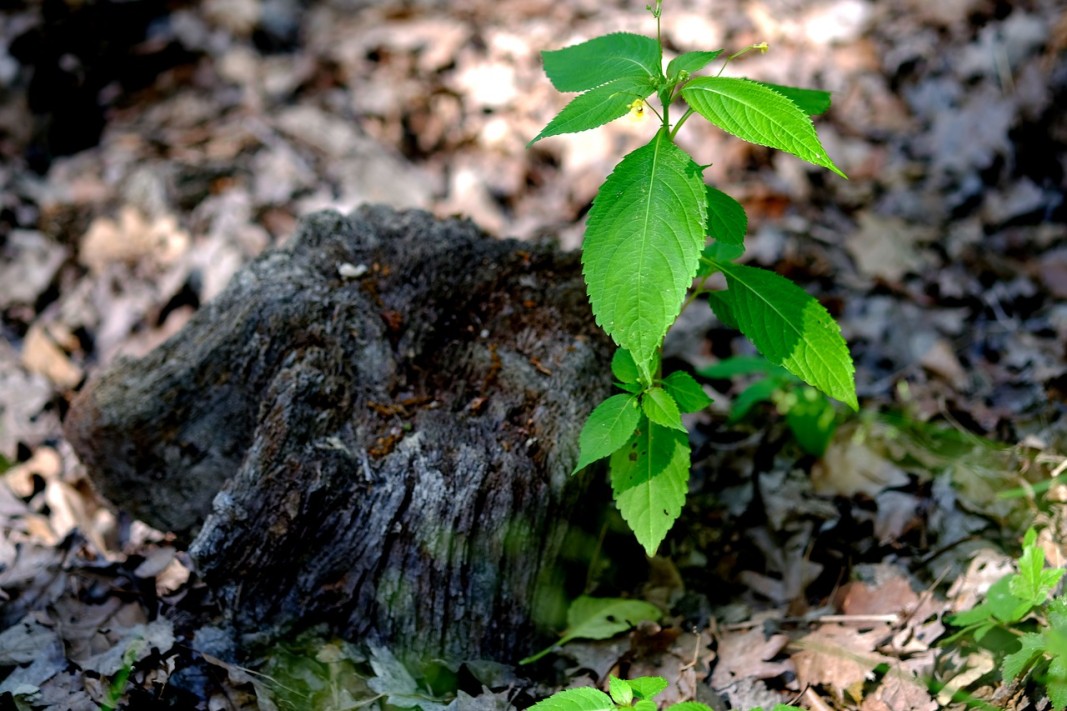2-3 millennia ago over 80% of Bulgaria’s territory was covered by forests. Over the years, this vast forest was gradually logged and turned into agricultural land and pastures. Thus, at the beginning of the 20th century, only 15% to 20% of this country’s territory was covered by forests. Thanks to voluntary work, the efforts of foresters and annual afforestation, forests are gradually being restored.

Nowadays, and especially in the last 30 years, millions of hectares of abandoned agricultural lands have turned into forest areas. This is about one tenth of the total forest area. However, it is threatened by deforestation, because landowners have the opportunities to receive EU subsidies.

"More and more landowners and tenants of municipal agricultural land think that this is a big chance to earn easy money," forest policy expert Alexander Dunchev told BNR. "They just clear self-afforested pastures and fields and get some quick money, which, however, leads to the destruction of these self-afforested areas in an unaccountable and illegal manner."
Lands are often abandoned because they are not suitable for cultivation. Self-afforestated areas are logged, but they are not used as pastures or for planting crops later ... According to the current Forestry Act, these lands become forest areas if their owners give a permission for these areas to be placed into another land category. If owners want to use them as agricultural land, they are given three years to clean and prepare them for this purpose. If they fail to do so, their status changes automatically. In practice, it turns out that the state encourages the logging of these self-afforested forests. Sometimes owners clean illegally their land the way they want without notifying the responsible institutions. The state needs to find a balance between the interest of the owner and the public interest,in order to stop this logging.

The expert assessment on which agricultural territory must be preserved as such and which should become a forest is also very important:
"Currently, the wounds of nature are being healed by self-afforestations of abandoned agricultural land. The question is what to do with these forests which cover a large territory. Should we log them to receive subsidies for bare pastures, quite often on eroded terrains, or look for financial incentives for their protection. By increasing the forest cover we fulfill the global targets aimed at preserving water resources and mitigating climate changes."

English version: Kostadin Atanasov
Photos: Pixabay, library, Ani Petrova
According to official statistics, the number of goats in Bulgaria has dropped by almost 30% in the last decade, with some native breeds teetering on the brink of extinction. However, amid this decline, Dimitar Totev from the village of Turia in the..
Drawings by over a hundred children from across the country — including fifteen from the Bulgarian Sunday School “Ivan Vazov” in Paris — will be featured in an exhibition opening today at the DP Sivkov Community Centre in Nova Zagora, according to the..
This evening at 18:30, the Bulgarian school "AzBuki" in Tenerife, Canary Islands, will celebrate its fifth anniversary with a concert-performance. The concert will be held under the motto, 'Knowledge is power, language is wealth'. "We invite all..
As we approach the height of summer and temperatures soar, access to water becomes essential. We remember the hardships of summer 2024, when hundreds of..
On June 21 and 22, the Expo Center "Flora" in the Sea Garden in Burgas will turn into a culinary arena , where the best paella masters from all over..
A retaining wall alongside the Banshtitsa River in Kyustendil is being transformed into the country’s longest legal graffiti art wall, according to a..

+359 2 9336 661
